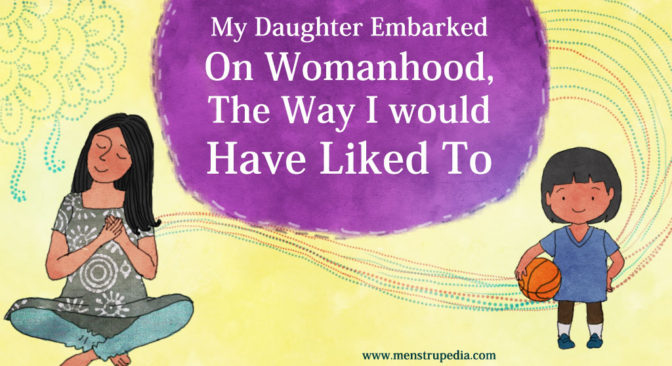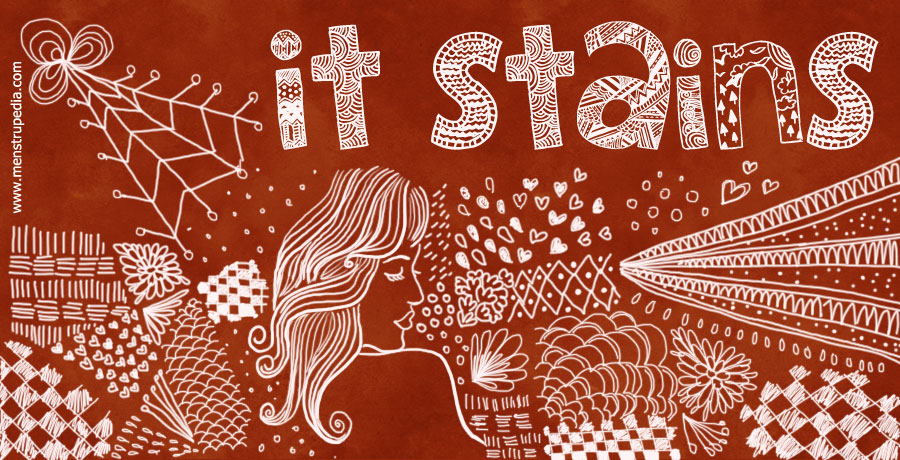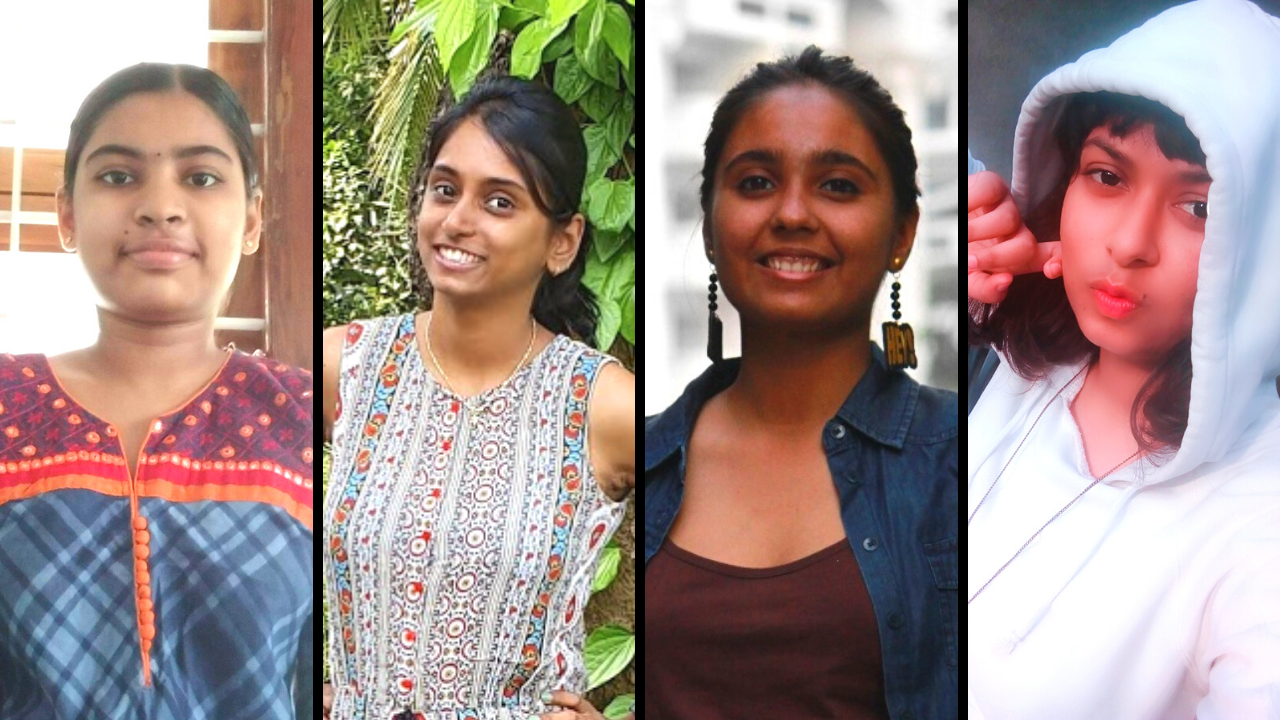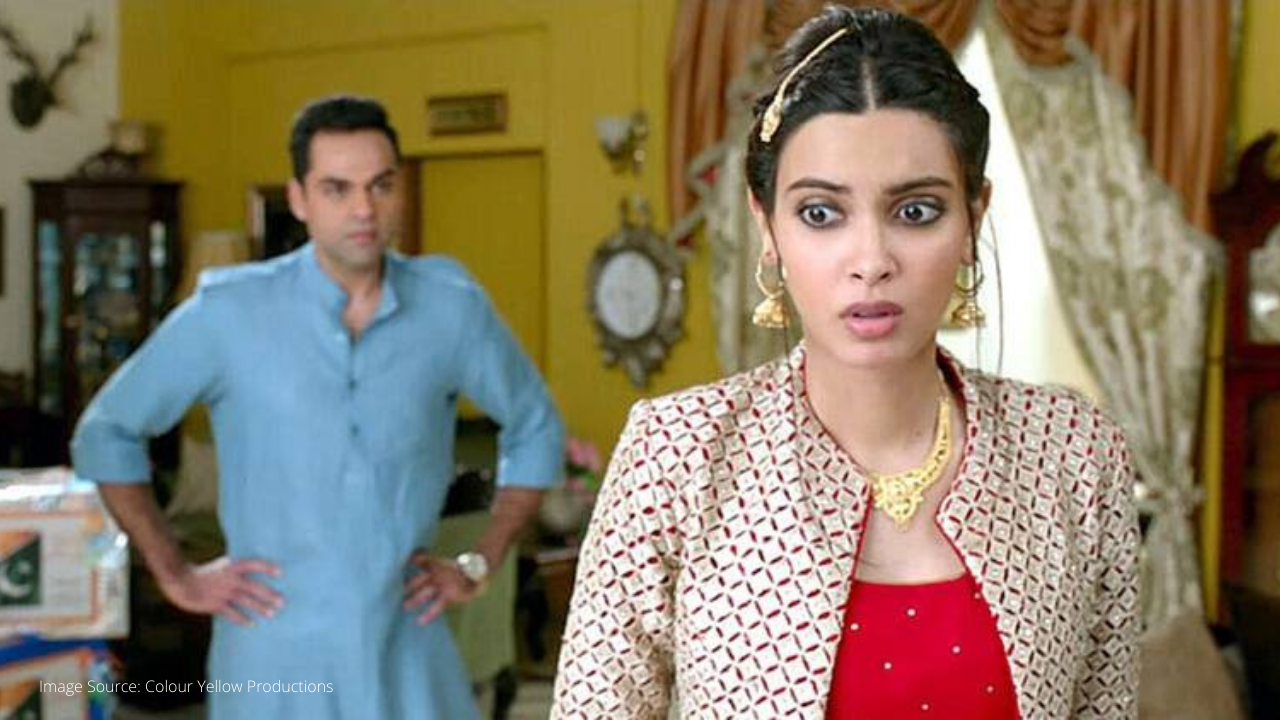I had just come back from playing, both panting and excited, having won the match that evening and being the leader of all that glory. What I needed most badly was a shower to beat all of the sweat of that one sultry midsummer Calcutta evening.
Once I had closed the door and went to pee, I was very struck by what I found. My pants were tainted with a dark coffee red, one that resembled the leftover in the filter that my mom made every morning. I was puzzled. What was this that strained through the white of the commode wall and down my legs? It was pure red blood.
“Did I hurt myself so badly while playing?” I wondered.“But I felt no pain!” I thought.
“No wait, it was no injury, but I am struck with some internal illness that is going to cost me my life. I am going to die,” I decided. This I attributed to my stubbornness, my tomboyish ways and my always rebelling against what was the conventional way of going about doing things. I was filled with guilt.
My spell of anxiety was broken by a knock on the door, as the longtime I was spending in the bathroom, the only one of the two – bedroom apartment of an East Calcutta apartment, was bothering others who wanted it vacated instantly. Still puzzled, I gathered myself to open the door and finding my sister there, I broke into a cry: “I am bleeding and going to die!”
The expression on her face became somber; she held my hand and made me sit down and then disappeared to come back with some old washed clothes. She folded them and made a nice flat roll, the likes of which I had never seen until that day. She then took me inside the bathroom and showed me how to place it in between my legs after I had washed and dried the area. She then told me that I was menstruating.
Thirty years have passed since then but I still wonder how my sister, seven years my elder, and sharing the room and a considerable bit of her life with me, never ever mentioned or rather was so successful in keeping the secret from me when she bled. Or why my mother, a working woman herself and a progressive soul in her own right, had never mentioned it to me before I had actually started and didn’t prepare me for the days to come. How two women in the house, me being the third, never shared a sense of bonding over something that was so uniquely a woman’s own experience, suffering and lived reality. Or why I was told not to do puja during the days I was bleeding and touch nothing that was auspicious. Why I would be anxious and sad when I calculated that I would be menstruating during the days of the much-awaited autumn festival, the grandest of all festivals for Bengalis: Durga puja. I could not, with my periods, do any work that had anything to do with the goddess. Why I was told that it was the bad blood coming out of me those days and was something not to be discussed in public or with the male members of the family. I would be so annoyed when the man at the pharmacy would wrap and wrap my packet of sanitary napkins and silently pass the packet to me, as if I was buying something almost contraband, trying to be as discreet as possible about it. Or why the boys in my class would rummage through our bags looking for our lunch boxes, being insensitive enough to pull out of the packet, a fresh sanitary napkin and then put it back after getting embarrassed or most often than not, after cracking a nasty joke.
A while later when I was in university, when I was all but tired of rebelling against taboos surrounding menstruation, I would tell my next-door neighbor, a young and promising but scared mother of two girls, about how wrong she was when she asked me to turn off the gas for her since she was menstruating. She said it was the hearth of the house and she was scared of defiling it. What I was more scared about was her raising her two very young girls to imbibe her sense of defilement and carry such a burden across generations. No reasoning with her could convince her that her touching the entire year’s store of pickle for the family would not rot if she touched it when she was menstruating. I offered to try out the experiment once, but she refused to take chances with the entire year’s stock.
Now in my mid-forties, and knowing that menopause will soon put an end to carrying a wad of cloth between my legs every month endlessly, and above all, trying to hide it from everyone, I cannot but feel angry as times have well changed, but bleeding,for women, is still such a taboo. The onslaught of the cool virtual world has not helped people wake up from their stupor and silence and amongst about half of the world’s population of womenfolk, someone or the other bleeds everyday; it has nothing to do with guilt and sin or bad blood and impurity, but pure biology alone.
My twelve-year-old daughter started menstruating last month. I felt a bit sad the day I first saw her bleeding as I felt that my child was now fast growing up and this was her first step in facing the harsh and unfair reality that was around her. However, she was quite upright and ready, having read up about physiology; she had learnt to talk about menstruation and had learnt to dispel silences. She was not shaken up like I had been, thirty years ago. She is not going to die and she knows this. Sekhar (my husband) and I felt something touch our hearts with new hope and promise, when she put on the sanitary pad without fear and with positivity, and went ahead for her basketball classes that morning. She is not going to hate her body and hopefully she will also show others how not to hate theirs.
 Author: Dr.Sudhanya DasGupta-Mukherjee
Author: Dr.Sudhanya DasGupta-Mukherjee
Sudhanya grew up in the captivating city of Kolkata. Stories, people and places fascinates her. She now lives in Ahmedabad with her 11 yr old daughter, Abonti; and Sekhar, her husband who is a cartoonist and an animator. Together they draw and weave stories .They always try to bend rules, live without boundaries and celebrate diversity.
Editor: Divya Rosaline








